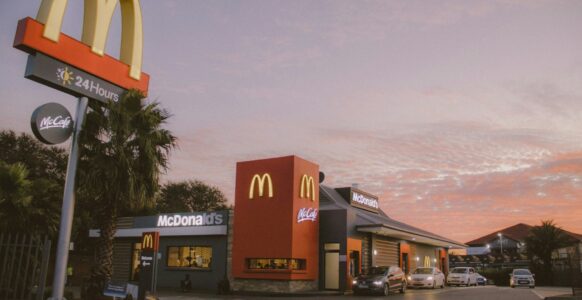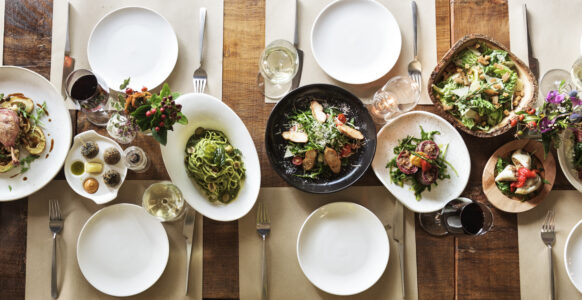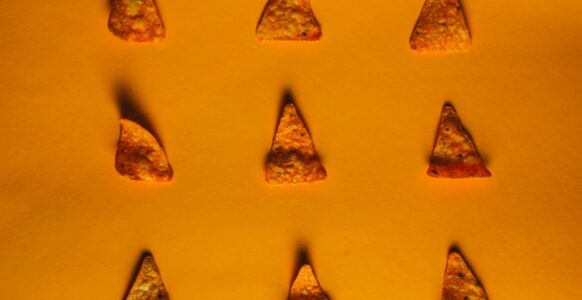Bella Breakdown
Wine requires specific storage conditions to maintain the cultivated flavor but one of the best and most expensive wines in the world was sent to space to test the effects of wine stored in space. Bordeaux viticulture has been the focus of the region’s agriculture for centuries testing factors affecting the characteristic wines but now will discover the effects space travel poses for wine.
The complex process of winemaking, coupled with how the liquid ages in the bottle, make wine a fascinating case study in space. Read more about the findings below: 👇https://t.co/xMeY96XaB7
— euronews (@euronews) March 25, 2021
The Science Institute of Vine and Wine (ISVV) worked in partnership with the Space Cardo Unlimited start-up to launch 12 bottles of wine and 320 vine shoots into space for one year-long mission on the International Space Station (ISS) to test how space travel influences wine. After the year-long journey, the samples have returned to Earth for testing indicating a change in taste, appearance, and smell.
No ordinary bottle of wine made history with a journey to space, Château Pétrus is one of the most celebrate and expensive wines in the world with one bottle costing approximately $5,800. Château Pétrus is produced in the Pomerol area between St. Emilion and Bordeaux with the region being known for its cultivated scent and flavor.
The space-aged wine was sent back and compared with an identical bottle that had been kept at the same temperature (18°C) on Earth. The experiment gives researchers an insight into the ageing process of wine.https://t.co/xMeY96XaB7 pic.twitter.com/4SudKA2yAU
— euronews (@euronews) March 25, 2021
The main reason for this exploration to learn more about the aging process and controlled methods to influence the aging process. The Space biologist who helped design the experiment, Dr. Michael Lebert, explains the only way to test the certain role of substances to go under conditions to exclude the workings of these substances like oxygen.
This experiment will help winemakers understand how oxygen and gravity could affect the aging process allowing producers to age fine wines in less time. The experiment also influenced vine snippet samples that survived and thrived the year-long journey.
Winemakers spend infinite time and money analysing techniques to find the perfect expression of their wine.
But on Wednesday, they found out what happens when wine goes to that final frontier: space.https://t.co/xMeY96XaB7 pic.twitter.com/cesNIq4uAC
— euronews (@euronews) March 25, 2021
The vine snippets grew at a faster rate in space compared to vines on Earth despite the lack of water and light with some of the vines flowering three to four weeks after returning from space. Tests will continue on the astronaut wine and can help winemakers combat massive problems in thriving crops that are often lost due to mildew and rot.






















